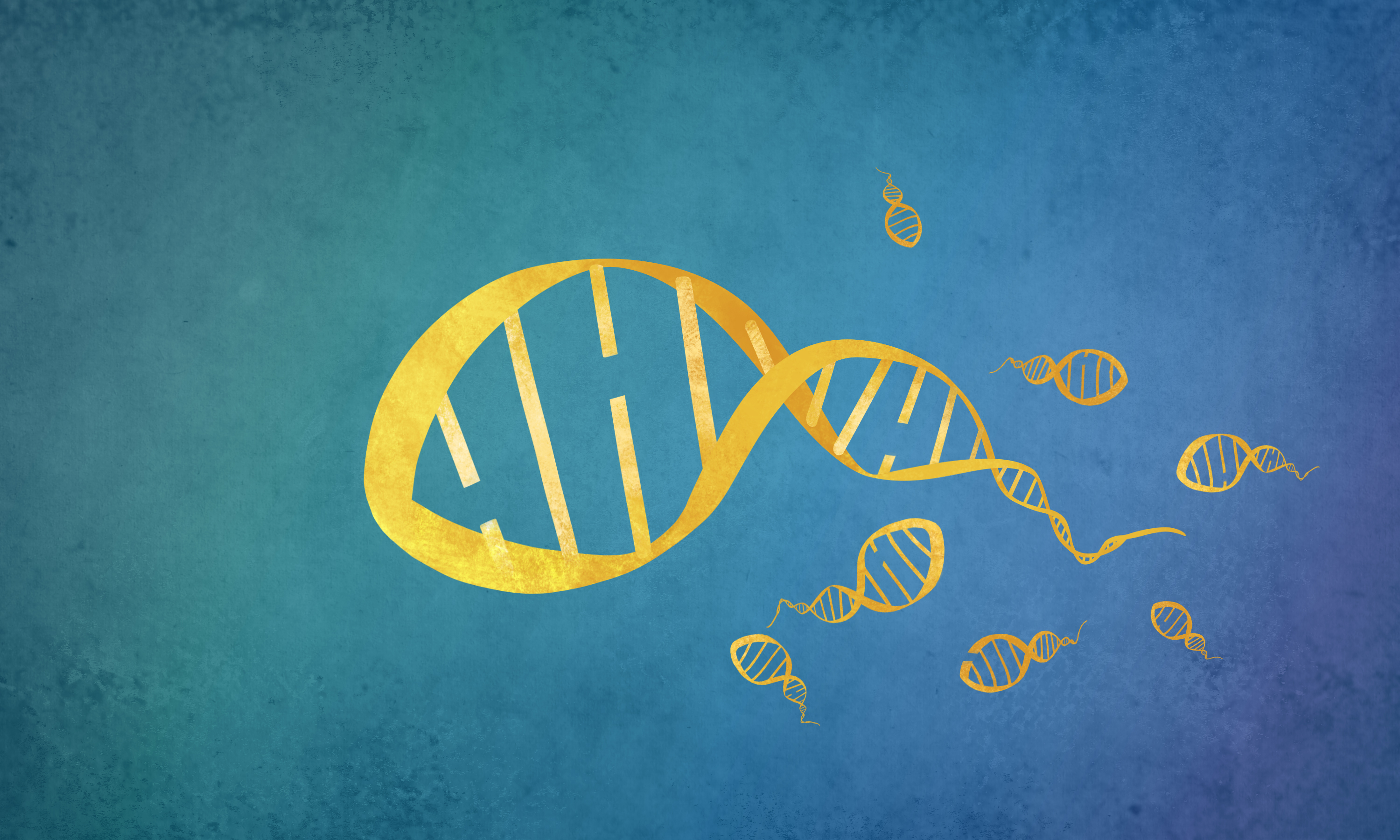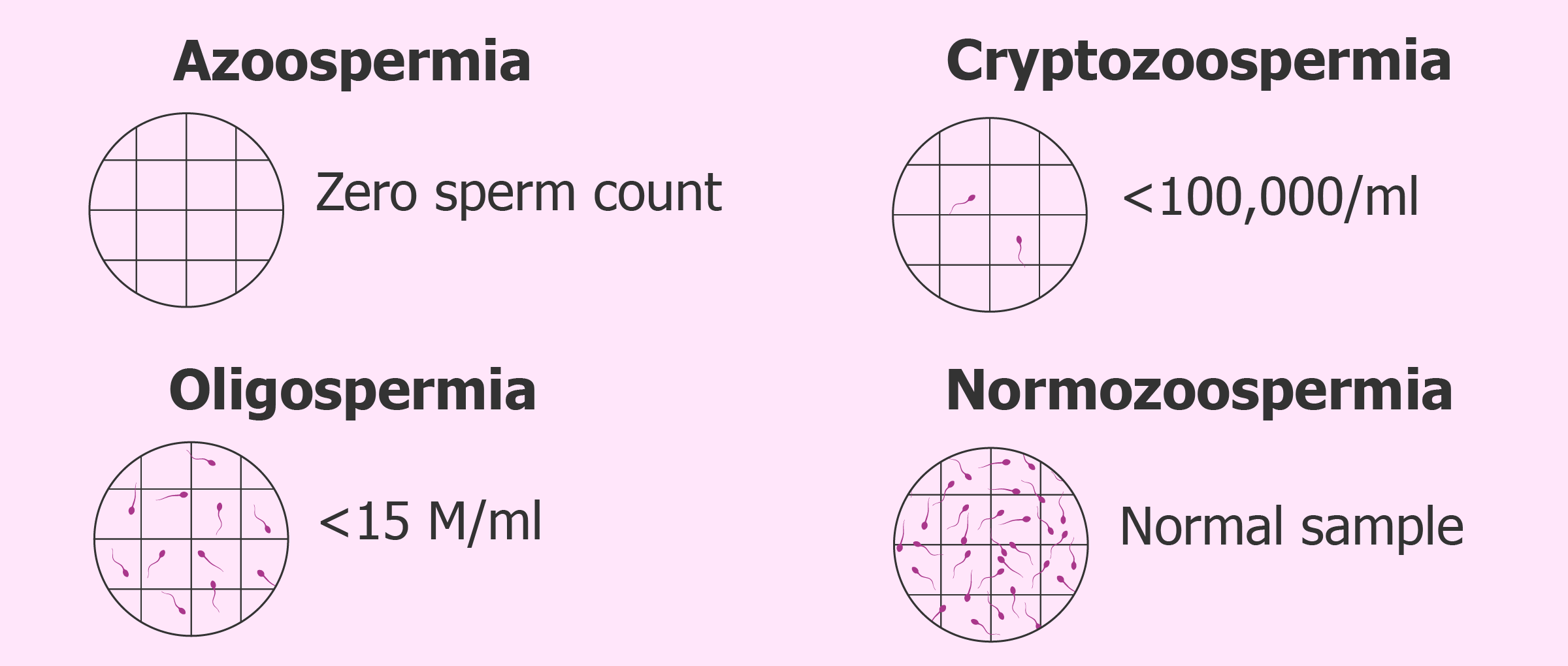
16:45 19th May 2020 | Motile Sperm
Oligospermia Decreased facial or body hair erectile dysfunction Varicocele Chromosome defects Celiac disease Depression
What does it mean when Oligospermia is diagnosed?
Low sperm count means that the fluid (semen) you ejaculate during an orgasm contains fewer sperm than normal.
A low sperm count is also called oligospermia (ol-ih-go-SPUR-me-uh). A complete absence of sperm is called azoospermia. Your sperm count is considered lower than normal if you have fewer than 15 million sperm per millilitre of semen.

Having a low sperm count decreases the odds that one of your sperm will fertilize your partner's egg, resulting in pregnancy. Nonetheless, many men who have low sperm count are still able to father a child.
Symptoms
The main sign of low sperm count is the inability to conceive a child. There might be no other obvious signs or symptoms. In some men, an underlying problem such as an inherited chromosomal abnormality, a hormonal imbalance, dilated testicular veins or a condition that blocks the passage of sperm may cause signs and symptoms.
Low sperm count symptoms might include:
When to see a doctor
See a doctor if you have been unable to conceive a child after a year of regular, unprotected intercourse or sooner if you have any of the following:
Medical causes
Low sperm count can be caused by a number of health issues and medical treatments. Some of these include: Varicocele. Infection. Ejaculation problems. Antibodies that attack sperm. Undescended testicles. Hormone imbalances. Defects of tubules that transport sperm. Chromosome defects.Celiac disease. Certain medications. Prior surgeries.
Environmental causes
Sperm production or function can be affected by overexposure to certain environmental elements, including: Industrial chemicals. Heavy metal exposure. Radiation or X-rays. Overheating the testicles.
Health, lifestyle and other causes
Other causes of low sperm count include: Drug use. Alcohol use. Occupation. Tobacco smoking. Emotional stress. Depression. Weight. Sperm testing issues.
Prevention
To protect your fertility, avoid known factors that can affect sperm count and quality. For example:
Avoid exposure to pesticides, heavy metals and other toxins.
Source: Mayo Clinic & Invitra
Click here to learn about Sperm without Semen- The Meaning of Azoospermia.
Would you like to part of this or learn more about our services? Please don’t hesitate to get in touch.
Email: enquiries@thebridgeclinic.com
Call: 01 631 0092 / +234 (0)1 631 0092
Whatsapp: +234 810 460 7791
Visit any of our locations in Lagos, Abuja or Port Harcourt
Search by condition, treatment or keyword and conveniently browse our informative articles
Book an appointment online or search for a clinic close to you.
Book an Appointment